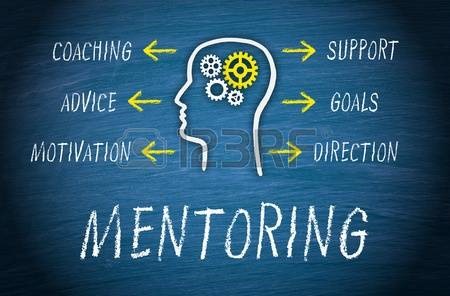|
Expressing Professional Gratitude

Gratitude
is "the quality of being thankful; readiness to show appreciation for and to return kindness". At this time of year, we may reflect on our thankfulness and gratitude for friends, family, lifestyle, health, etc. As professionals, there are things we can do to express our appreciation for our colleagues and work associates. As quoted by Ralph Waldo Emerson:
"Gratitude, like faith, is a muscle. The more you use it, the stronger it grows, and the more power you have to use it on your behalf. If you do not practice gratefulness, its benefaction will go unnoticed, and your capacity to draw on its gifts will be diminished".
Expressing thankfulness fosters healthy professional relationships and happiness in the workplace. Positive business relationships can be the cornerstone of long and healthy careers. It can reduce stress, strengthen self-worth, and eliminate negative emotions such as resentment, jealousy, regret and depression. Take the time to express some of the following acts of gratitude:
- Send an email to an associate thanking him or her for a job well done, a referral, kind attitude, or going the extra mile. Copy others as appropriate.
- Write a professional letter of appreciation or post a recommendation and endorsement on Linkedin or Facebook.
- Mentor a colleague.
- Provide referral connections and be a reference for someone looking for a job.
- Share your knowledge and experience freely without expectation of payback.
- Show respect for others, don't complain, or talk behind another person's back.
- Volunteer outside of the workplace or, if possible, initiate a charitable movement within your company.
|
|
Writing Professional Appreciation
Letters

One of the most powerful expressions of gratitude is to take the time to write a letter of reference or appreciation for a colleague. This can be a time consuming effort to ensure it is well thought out, grammatically correct, the proper length, and organized. Writing a professional letter of thanks, particularly after an interview or when someone has provided you with a referral or introduction, is an excellent way of growing your network.
The Balance has some good examples of professional appreciation letters. Here are some of their tips:
- Write the appreciation letter or email as soon as possible so that the person remembers what you are writing them about.
- Explain why you're writing. Clearly explain what you are showing appreciation for.
- Keep it short and focused. Keep your letter concise. You want to express your thanks without going on for too long. A couple of paragraphs is typically sufficient.
- Be sincere. Don't go over the top in your appreciation. Express your gratitude sincerely, but briefly. Simply state how much you value the person's help or their achievement.
- Edit, edit, edit. Be sure to proofread your letter before sending it. You want to appear professional and polished, even in an appreciation letter.
|
|
The Gracious Act of Mentoring

Mentoring is another expression of gratitude. It is the selfless act of sharing your experiences and knowledge to help others to grow and reach their professional potentials.
Management Mentors aptly identifies the benefits of mentoring as follows:
For the Mentor
- Allows the mentor to "give back" -- to both the organization and the mentoree.
- Reminds the mentor how to listen actively rather than passively.
- Encourages the mentor to share knowledge, which helps increase the mentor's sense of self-worth.
- Strengthens the mentor's interpersonal relationship skills.
- Teaches the mentor about other areas/departments within the organization.
- Helps re-energize the mentor's career.
- Leads to more personal satisfaction on the mentor's behalf.
For the Mentoree
- Increases the mentoree's self-confidence.
- Helps the mentoree learn to take better control of his or her career.
- Teaches the mentoree how to speak up and be heard.
- Educates the mentoree on how to accept feedback in important areas, such as communications, technical abilities, change management, and leadership skills.
- Improves the mentoree's interpersonal relationship skills.
- Provides an important networking contact for the mentoree.
- Helps the mentoree better understand the organization's culture and unspoken rules, both of which can be critical for success.
|
|
| |
|
|
for the following upcoming conferences:
Seattle, WA
February 27 - March 1, 2018
Annual conference for user experience professionals. Participantswill enjoy 40+ presentations from expert practitioners and academics from around the world.

Las Vegas, NV
March 20-22, 2018
Content Strategy event for marketing and communications professionals. Learn how to scale content, leverage the technology, repurpose and reuse content, and deliver to the right person at the right time regardless of the device.
San Diego, CA
May 6-9, 2018
Obtain knowledge, strategies, and solutions for retaining top talent and designing, implementing and measuring learning programs. Over 10,000 attendees, 400 speakers and 300 sessions.
Orlando, FL
May 20-23, 2018
Provides technical communications professionals with insight into future trends of the profession through education sessions and networking. The conference attracts 600 attendees and 40 exhibitors.
New Orleans, LA
October 21-24, 2018
A gathering p;ace for content strategists, content engineers, documentation managers, and other content professionals.
|
|